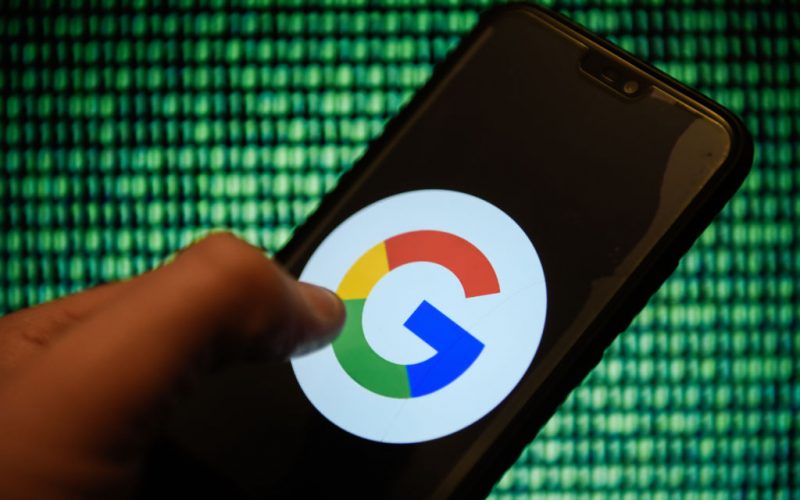In the age of smartphones and tablets, entertainment has taken a mobile turn. Gone are the days when you’d have to wait to get home to watch your favorite TV show, play a game, or listen to a podcast. Mobile devices offer these experiences in the palm of your hand, on the go.
But the growth in digital entertainment also means fierce competition. To stand out, an app not only needs great content but also a flawless user experience. This means no crashes, no lags, zero cybersecurity threats, and no glitches.
Here’s where robust quality assurance (QA) by mobile testing services can help. In this blog, you’ll discover how QA for media and entertainment can help deliver a flawless entertainment experience.
Why mobile testing matters
As our smartphones and tablets are often our primary source of entertainment, the pressure is on apps to perform flawlessly. This thrusts mobile testing into the spotlight to ensure every tap, swipe, and stream meets users’ high expectations.
Here’s how mobile testing can help:
- Diverse devices and OS
Mobile devices come in various screen sizes and run on different operating systems. An app needs to function seamlessly on all devices, even those that are several years old.
But it’s not practical to test apps on every single device. This is where simulators (for iOS) and emulators (for Android) come in. These tools mimic the behaviors of mobile devices on different platforms. This allows testers to evaluate app performance in varied environments. While they can’t entirely replace real-device testing, they play an essential role in the initial stages of mobile testing, ensuring broad compatibility.
- Performance under pressure
Digital entertainment can be demanding. Whether you’re streaming high-definition videos or playing a game with high-end graphics, apps need to maintain optimal performance. Mobile testing evaluates your app’s behavior under these demanding conditions. It ensures graphics render correctly, videos play without buffering, and games respond in real time.
- Network variability
We’ve all experienced the frustrations of choppy streaming or game lags due to poor network conditions. Mobile testing simulates various network scenarios. It tests switching between Wi-Fi and cellular data or experiencing dropped connections. This ensures apps handle these transitions without affecting the user experience.
- Battery consumption
A great entertainment app shouldn’t come at the expense of your device’s battery life. Battery testing can pinpoint processes or features that may drain the battery. This lets you make the necessary optimizations.
- Real-world scenarios, real-time solutions
Imagine you’re engrossed in a game and receive a call. Or perhaps you’re watching a movie and your device sends a low-storage notification. How an app responds in these situations can make or break the user experience. Mobile testing replicates these real-world interruptions to ensure that the app can handle them. It enables the user to return to their entertainment without any hitches.
- Ensuring inclusive entertainment
Digital entertainment should be available for everyone. Accessibility testing ensures this inclusivity. For instance, visually impaired users might rely on screen readers. Testing verifies that these tools can read app content accurately. For hearing-impaired users, ensuring that video-based apps support subtitles and that they synchronize correctly with the content is crucial.
- Flawless user experience (UX)
An entertainment app that’s hard to navigate can frustrate customers. Mobile UX testing evaluates the app’s design, layout, and interactivity. It ensures that buttons are easy to click, navigation is intuitive, and the overall design aligns with the user’s expectations and preferences.
- Adapting to different user behaviors
Every user is unique in how they interact with an app. Some prefer swiping, while others favor tapping or using voice commands. And then there are consumption habits. There are those who binge-watch episodes back-to-back and those who pause frequently. Mobile testing needs to consider this wide range of user behaviors. This helps to ensure that every journey through the app feels intuitive and personalized.
- Security in entertainment apps
Many entertainment apps require subscriptions or in-app purchases. This makes the security of user data paramount. Security testing ensures data encryption, secures payment gateways and protects against potential vulnerabilities or breaches. After all, users need to trust an app to invest both their time and money in it.
- Localization and global appeal
Entertainment apps often cater to a global audience. You need to ensure content, interfaces, and features resonate with users across different cultures and languages. Localization testing verifies your app meets regional preferences and legal requirements. It can also ensure translations are accurate, date/time formats are correct, and cultural nuances are respected.
- Interactive entertainment and AR
With the rise of augmented reality (AR) and virtual reality (VR), entertainment has taken a leap into interactive experiences. Testing AR and VR apps introduces unique challenges. You need to ensure virtual elements blend seamlessly with the real world to guarantee user safety. Mobile testing ensures that these entertainment experiences are enjoyable, stable and safe.
Conclusion
As the line between our digital and physical lives continues to blur, the demand for seamless entertainment experiences on mobile devices will only grow. Mobile testing stands at the forefront of meeting this challenge. It’s what ensures smooth streaming, lag-free game, and intuitive app interfaces. Indeed, it’s the unsung hero that ensures our on-the-go entertainment experiences are perfect, every time.
When looking for a mobile testing services provider, you should focus on experience. Your provider should also offer the latest QA solutions for complex entertainment applications. With robust mobile testing, you can confidently launch a flawless entertainment app to your audience.









